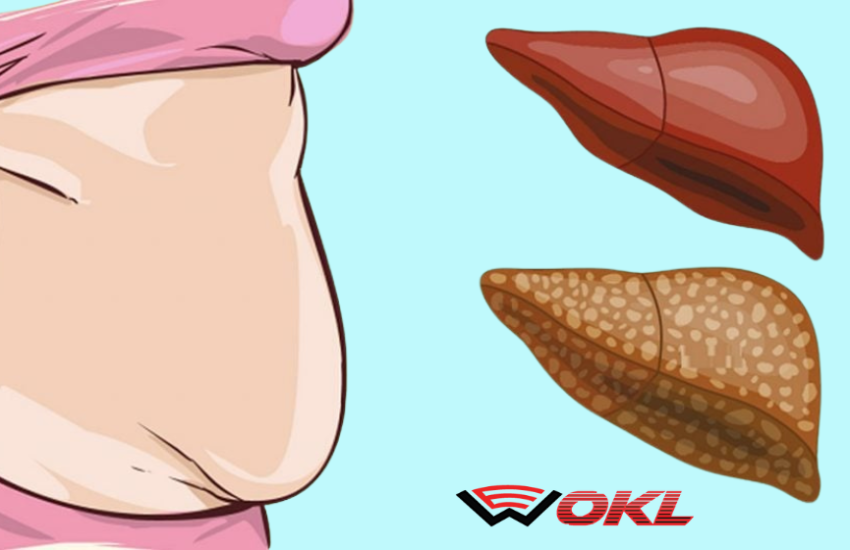5 Warning Signs of Vitamin B12 Deficiency You Should Never Ignore
The human body requires six key vitamin groups to function optimally: A, B, C, D, E, and K. Vitamins A, D, E, and K are fat-soluble, meaning they are stored in the body’s fat reserves to some extent.
In contrast, vitamins B and C are water-soluble and are excreted in urine when consumed in excess, making deficiencies more common.
Vitamin B represents a group of substances under the B label, each playing a crucial role in various bodily processes. Among these, vitamin B12, also known as cobalamin, is particularly vital for DNA production and the metabolism of fats and amino acids.
The Wikipedia entry on vitamin B12 highlights its complexity and potential risks associated with its deficiency. It notes that:
“Vitamin B12 deficiency can lead to severe and irreversible damage, particularly to the brain and nervous system, with older adults being at higher risk due to decreased stomach acid production. Symptoms of vitamin B12 deficiency may include mania and psychosis.”
Keeping vitamin B12 in mind when planning your diet is essential. Here are some signs of vitamin B12 deficiency to watch for:
- Unexplained Fatigue
Feeling unusually tired from tasks that previously seemed easy may indicate a lack of cobalamin. To address this, incorporate foods rich in vitamin B12 into your diet.
- Dizziness and Lightheadedness
Vitamin B12 is crucial for maintaining proper blood pressure. If you experience dizziness or lightheadedness, it could be related to low vitamin B12 levels. Persistent symptoms should be evaluated by a doctor.
- Memory Issues
Vitamin B12 significantly impacts brain function. Memory lapses can be a sign of deficiency. If these issues continue, seek medical advice.
- Muscle Dysfunction
Since muscles depend on nerves for function, a problem with nerves can affect muscle performance.
- Pins and Needles Sensation
The tingling sensation of pins and needles can result from nerve dysfunction or thinning myelin sheaths, which can be caused by a vitamin B12 deficiency.
So, what steps should you take?
Vitamin B12 is available in over-the-counter supplements and is present in many common non-vegetarian foods. To boost your intake, consider drinking cumin seed tea before bed and increasing your consumption of eggs and liver.



